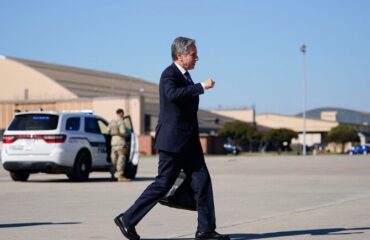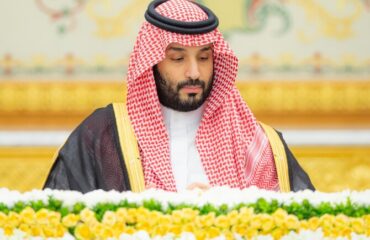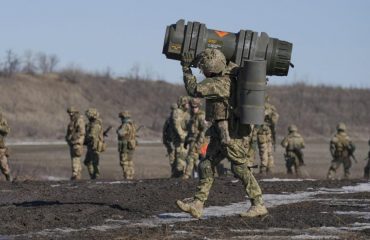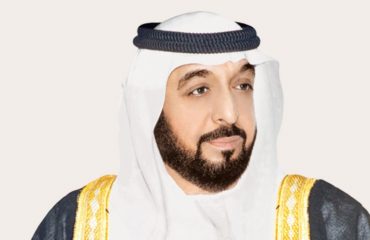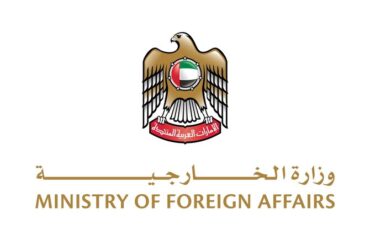Tunisia: President rules out early elections after dissolving parliament

Tunisia’s president said late on Thursday he would not hold elections within three months after he dissolved parliament this week, the latest step in a march to one-man rule after brushing aside most of the democratic constitution.
Saied issued a decree on Wednesday dissolving parliament, which has been suspended since last year, after it defied him by voting online to repeal decrees that he used to assume near total power.
The president’s opponents accused him of a coup after he suspended the chamber last summer, brushed aside most of the 2014 constitution and moved to rule by decree.
The constitution says parliament must remain in session during any exceptional period of the kind announced by Saied and that dissolving the chamber should trigger a new election.
Later on Thursday, US State Department spokesman Ned Price said Washington was deeply concerned at Saied’s dissolution of parliament and reports that he would prosecute lawmakers who joined the online session in defiance of the president on Wednesday.
“A swift return to constitutional government, including an elected parliament, is critical to democratic governance,” Price said in an online video.
The United States has been a major donor to Tunisia since its 2011 revolution that introduced democracy and Saied’s government is seeking international funding to avert a rapidly looming crisis in public finances.
The Free Constitutional Party, an opposition party that polls project would be the biggest in parliament if elections were held, urged Saied to call early elections following the dissolution of parliament.
Abir Moussi, the party head and a supporter of the late president Zine El Abidine Ben Ali, said that Saied has no choice, according to the constitution, and should call elections within three months.
“I don’t know how they get this interpretation,” Saied said on Thursday, referring to article 89 of the constitution.
MPs summoned
Saied has previously said he will form a committee to rewrite the constitution, put it to a referendum in July then hold parliamentary elections in December.
Tunisia’s main opposition party, the Islamist Ennahda, has rejected Saied’s move to dissolve parliament and will boycott any referendum he calls to restructure the political system unilaterally, its leader, Rached Ghannouchi, said earlier on Thursday.
Moussi also said on Friday that his party would boycott any referendum and pledged to oppose it.
Ghannouchi said several Tunisian MPs were summoned to appear before an anti-terrorism squad on Thursday
Minister of Justice Leila Jaffal said she had asked Tunisia’s public prosecutor to open legal proceedings against 30 MPs, whom Jaffal said were conspiring against the state’s internal security.
Tunisia’s powerful UGTT union on Thursday welcomed the decision to dissolve parliament, Reuters reported, but it urged an end to Saied’s accumulation of powers and a return to the democratic path.
Some 123 MPs took part in the online session of parliament on Wednesday, with 116 MPs voting in favour of a law intended to invalidate Saied’s power grab.
Parliament required 109 votes to pass the law, which Saied denounced as a “coup attempt”.
Power grab
On 25 July, Saied announced a raft of controversial measures, revealed by Middle East Eye two months earlier, including the suspension of parliament and the sacking of the prime minister.
The president also shut down the country’s independent national Anti-Corruption Authority and sidelined the Independent High Authority for Elections.
Last month, he dissolved the Supreme Judicial Council – the body that deals with judicial independence – and granted himself control over the selection and promotion of judges.
Saied has cited rocketing unemployment, rampant corruption and the coronavirus pandemic as reasons for his power grab.
His measures have been followed by a crackdown on the opposition and their protests.
Many have faced trials before military and civilian courts and given jail sentences for charges denounced by rights groups as politically motivated.


